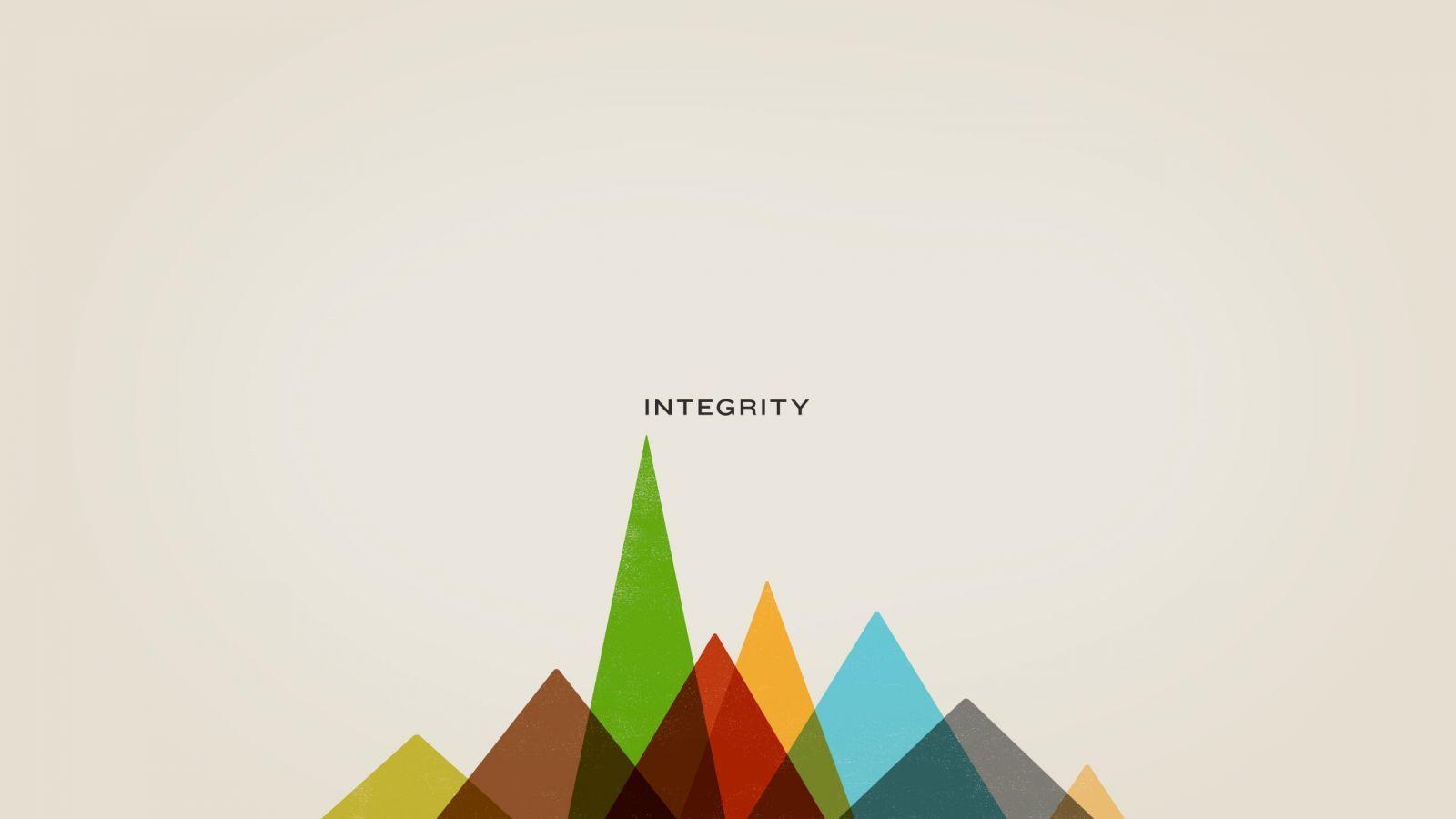My Principle #1: Integrity (Part 1)
Foreword
Firstly, thank you so much to everyone who supported my first blog: My 3 Principles at Life
It was something that I always wanted to share with my friends, family and supporters, and I am super excited that I was able to express my inner thoughts on a blogging platform that my team and I have personally created!
It was suggested that I further breakdown my principles of integrity, self-honesty and passion in three separate blog posts – so let’s break it down…
The Concept of Integrity

The concept of integrity often connotes to ideals of honesty, trust and fairness. However, the broader concept of “acting with integrity” can be more properly described as:
...the consistent and uncompromising practice of adhering to a set of moral and ethical principles and values.
As such, I personally break integrity into two parts: first, your principles, and second, adhering to your principles.
For most people, moral principles such as honesty, trust and fairness are held in high regard. In “My 3 Principles at Life”, I briefly discussed that when deciding what is “right” and what is “wrong”, I believed that it was as simple as the phrase: “if you know, you know”. However, when I started to reflect on this concept, I realised that the idea of “if you know, you know” is actually a subconscious thought telling you that, “this has crossed the line, and I cannot tolerate it”. That “line” is determined by your principles, and in order to uphold your own integrity, you must “stick” to your principles. Together, these two parts combine to form a person’s integrity.
Of course, it is not as simple as getting an arbitrary set of principles and just “sticking” to it. This is because ethical dilemmas often arise when you have a set of principles, and yet it seems like when you strictly adhere to them, the outcomes are far from ideal.
So, one key questions regarding your principles and adhering to your principles arise here…
Where do you draw the line?
Moral Absolutism vs Moral Relativism

There are generally two schools of thought when we speak of the concepts of moral reasoning: moral absolutism and moral relativism.
Moral absolutism is the idea that there are universal ethical standards that apply to actions regardless of context; and on the other hand, moral relativism is the view that moral judgements are true or false only relative to some particular standpoint and that no standpoint is uniquely privileged over all others.
Most of the time, people’s moral reasoning would either have a slight tilt towards absolutism or relativism. For example, lying is generally considered as a dishonest act, but many would argue that there are often “good” lies if it benefits the person being lied to; however, there would be an equal amount of people arguing that a lie is a lie and that it is “wrong”. Clearly, we can see that the latter would be regarded as practitioners of moral absolutism and the former to be practitioners of relativism.
My Moral Reasoning Mindset

Personally, I would classify myself as right in between moral relativism and moral absolutism. This is because I would apply an absolutist mindset when it comes to the principles that matters to me most, that being honesty, trustworthiness and fairness. I believe that no matter who you are and what the context is, you should be honest, trustworthy and fair at all times.
However, the common issue that arises here would be: how would I know where to draw the line? Or in other words, how honest is honest, how trustworthy is trustworthy, and how fair is fair?
This is where I will then apply a relativist mindset and systematically determine how far the line should shift. The key word here is systematic. This means that while I adopt a relativist approach to determine where the line would shift to, it is still determined via a set of “rules”. Effectively, I have internal “rules” to dictate how far the goal post would shift from its original position, such that there is a theoretical boundary in how much your principles may be compromised to achieve the optimal outcome depending on the situation. Thus, a reliable and robust moral reasoning framework is paramount.
Let’s explore these “rules” in the next post: “My Principle #1: Integrity (Part 2)”.
Author’s Note:
As I wrote, the article quickly became very long, and thus it is separated into two parts for easier digestion. Part 2 will be out coming soon!


































